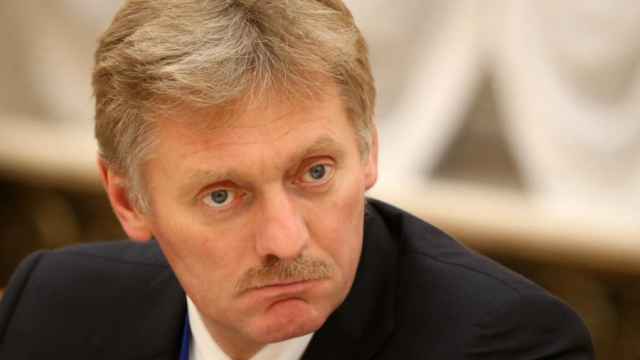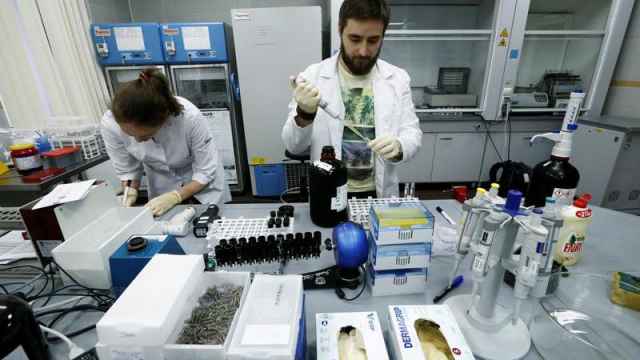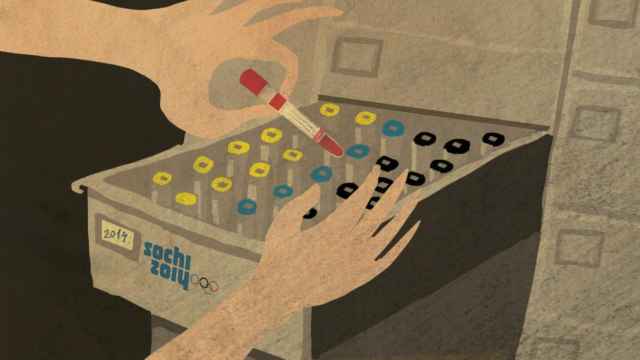Russian Anti-Doping Agency (RUSADA) issued a statement denying that its acting head Anna Antseliovich called doping in Russia an “institutional conspiracy” in an inteview to The New York Times. The statement was published on RUSADA's website on Wednesday evening.
On Tuesday, The New York Times ran a story saying that Antseliovich called Russian athletes using performance-enhancing drugs an "institutional conspiracy," yet denied that top-rank officials took part in it.
"Russia is for the first time conceding that its officials carried out one of the biggest conspiracies in sports history: a far-reaching doping operation that implicated scores of Russian athletes, tainting not just the 2014 Winter Olympics in Sochi, but also the entire Olympic movement,” the New York Times reported.
RUSADA's statement, however, maintains that Antseliovich said no such thing. “[She] made a suggestion and Richard McLaren [main investigator of the doping scandal in Russia] replaced the words 'state doping system' with 'institutional conspiracy,' thus indemnifying top-level Russian officials,” the statement read. The New York Times journalist Rebecca Ruiz, it went on to say, took Antseliovich's words out of context and wrote that RUSADA admits “institutional scheme of covering up doping in Russia.”
"RUSADA is not empowered to either admit or deny such a fact,” read the statement. “Russia's Investigative Committee is studying this case.”
Earlier on Wednesday the Kremlin spokesman Dmitry Peskov expressed doubt about veracity of Antseliovich's interview. “The reliability of her words must be verified. Whether it is true, whether the words attributed to Antseliovich were really said, what she meant – [all these things need to be verified] before we make any conclusions,” Life quoted Peskov as saying.
Rebecca Ruiz, The New York Times journalist in question, said all the quotes in her story are accurate. "Russian officials told me they are no longer disputing the existence of
doping schemes, only that those schemes were state-sponsored," Ruiz wrote on Twitter, responding to RUSADA's statement. "I asked Vitaly Smirnov, Russia's anti-doping reform chief, if this was correct. He said yes."
A Message from The Moscow Times:
Dear readers,
We are facing unprecedented challenges. Russia's Prosecutor General's Office has designated The Moscow Times as an "undesirable" organization, criminalizing our work and putting our staff at risk of prosecution. This follows our earlier unjust labeling as a "foreign agent."
These actions are direct attempts to silence independent journalism in Russia. The authorities claim our work "discredits the decisions of the Russian leadership." We see things differently: we strive to provide accurate, unbiased reporting on Russia.
We, the journalists of The Moscow Times, refuse to be silenced. But to continue our work, we need your help.
Your support, no matter how small, makes a world of difference. If you can, please support us monthly starting from just $2. It's quick to set up, and every contribution makes a significant impact.
By supporting The Moscow Times, you're defending open, independent journalism in the face of repression. Thank you for standing with us.
Remind me later.





